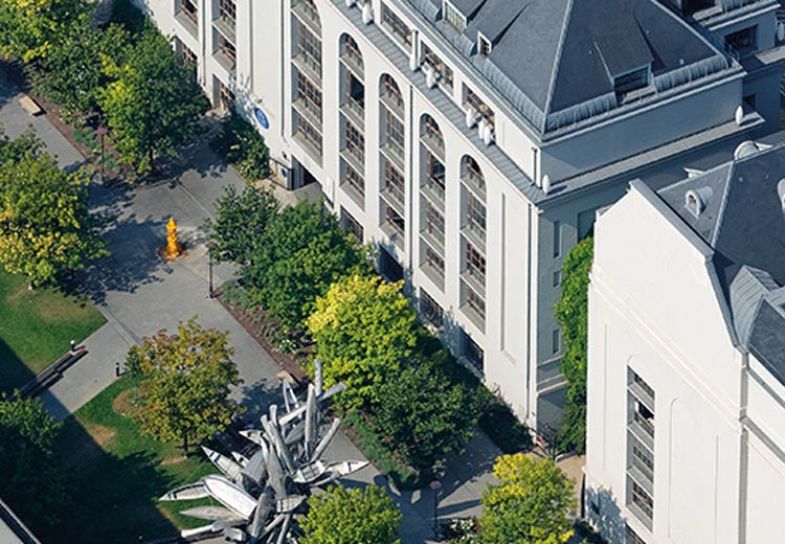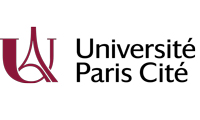
Université Paris Cité leverages its academic strengths to foster planetary health and social impact
“Université Paris Cité is ensuring that its graduates are ready for a changing world,” says Édouard Kaminski, president of the university. “There has been a divide between the training students receive and the skills they need to succeed in the workplace. Université Paris Cité is committed to bridging this gap.”
Located in the heart of Paris, the university has about 20 campuses and research sites, covering a wide range of disciplines. Known worldwide for its excellence in the health and medical fields, the university also has a strong footprint in sciences through the internationally renowned Institut de Physique du Globe de Paris and Institut Pasteur, its two institutes of technology and engineering school. The university also offers a wide array of educational programmes in social sciences and humanities.
“We are interested in planetary health,” Kaminski says. This concept includes the well-being of the environment, the health of individuals and public health policies that link the two. The university recognises higher education’s role in addressing the many challenges facing society. “The idea is to show that the university can increase the dynamics of the economic sector around it,” Kaminski says.
The university focuses on technology and knowledge transfer to maximise social impact. It has established an innovation hub to bring together researchers and industry. “We work to develop partnerships so our research can respond to the needs of industry,” Kaminski explains. This enables the university and its industry partners to produce valuable research, enabling faculty and students to collaborate with businesses.
“The university sees itself as part of the social fabric of Paris and closely tied to the city’s sustainable future,” Kaminski says. This comes with several challenges that require innovative solutions. For example, many of the university’s buildings are hundreds of years old, which means they cannot be altered to be more energy-efficient and sustainable.
“How can you cope with the climate transition if you cannot change the building in which you live?” he asks. This is an issue that many institutions and businesses in older European cities are grappling with. “We have many buildings in Paris, where many of our students live, and we want to be part of the evolution of Paris,” adds Kaminski.
Encouraging academic excellence in future citizens is an important part of the university’s plans to advance global well-being and social progress. “We need to find new ways to attract young people to research,” Kaminski says. Offering students the option to spend time at universities in countries such as Canada and Singapore is one of the innovative ways to do this. International collaborations also increase the university’s social and economic impact.
The university has established partnerships with universities around the world, leveraging its expertise in multiple disciplines. It is actively strengthening cooperation with African countries, including Morocco and Senegal. Unlike many French universities that focus their collaborations in French-speaking Quebec in Canada, Université Paris Cité has established ties with the University of Toronto to increase the country’s diplomatic footprint and bolster research efforts in both universities.
“The National University of Singapore is also a strategic partner,” says Kaminski. Université Paris Cité is establishing a new institute that will focus on women’s health, and it will act as a twin to an institute with a similar focus in Singapore. “We are going to develop shared initiatives – to identify what is common between the two entities as well as focus on specific areas of concern,” he says. “Such collaborations not only boost the exchange of ideas but also widen the pool of research funding,” Kaminski concludes.
Find out more about Université Paris Cité.

